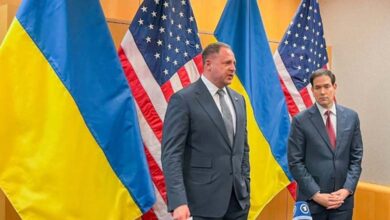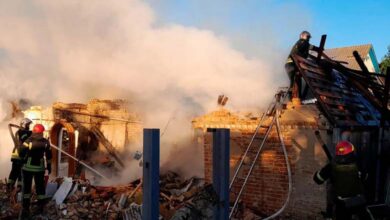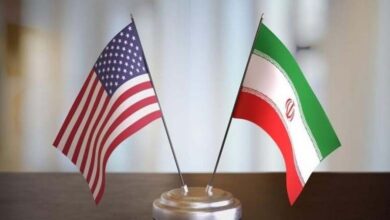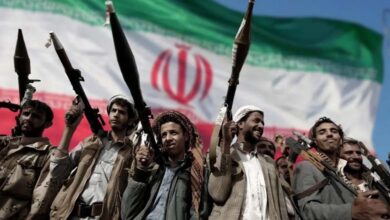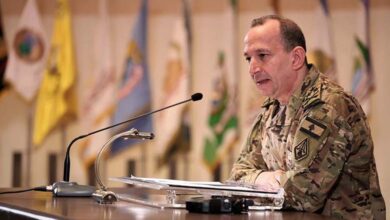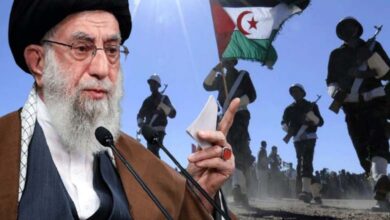Muslim Brotherhood Security Cells: International Documentation Exposes a Plot to Silence War Opponents in Sudan
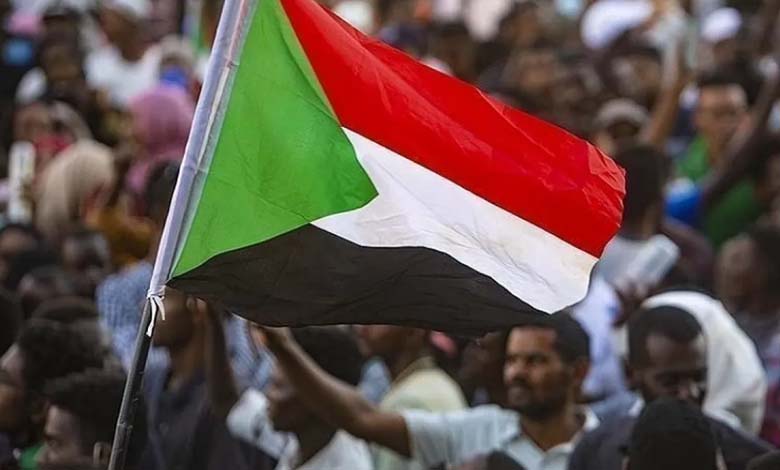
Behind the fog of battles in Sudan, political forces and international organizations accuse the Muslim Brotherhood of activating its “security cells” to target activists opposing the war.
Social media platforms have become a stage where the details of an ongoing tragedy unfold daily, despite the changing faces of the victims. According to observers, the terrorist organization is exploiting the chaos in Sudan for its own benefit.
-
Killing Civilians and Looting Aid: Crimes Committed by the Army and the Muslim Brotherhood in Sudan
-
The Muslim Brotherhood in Sudan Seeks to Return to the Scene Through International Conferences… Details
Fighting between the Sudanese army and the Rapid Support Forces broke out on April 15, 2023, displacing over 11.3 million people. About 8.6 million were internally displaced, while 3.9 million others fled across borders into neighboring countries, according to recent estimates by the International Organization for Migration (IOM).
-
Playing Openly… The Sudanese Brotherhood Returns to the Fore via the Army
-
Demands for the Dissolution of the Sudanese Army and Pursuit of the Muslim Brotherhood
Democratic civil forces and the Rapid Support Forces accuse security cells tied to the National Congress Party – the political arm of the Brotherhood – of initiating the first shot that triggered the war to derail the democratic transition and reinstate the Brotherhood’s control over the Sudanese military’s decision-making, thus crushing the revolution that ousted them in April 2019.
-
Amidst the Crimes of the Muslim Brotherhood in Sudan… The ICC Demands the Disclosure of Bashir and Haroun’s Whereabouts
-
Power Sharing Deals… New Maneuvers by the Muslim Brotherhood in Sudan
International Reports
According to the annual report from the UN High Commissioner for Human Rights on Sudan, there was a pattern of arbitrary arrest and detention of civilians by joint security forces.
The report referred to these forces as “the cell,” composed of the Sudanese police, the General Intelligence Service, military intelligence, and at times, “mobilized volunteers.”
It emphasized that arrests mainly targeted activists affiliated with the Forces of Freedom and Change, resistance committees, emergency rooms, and the “Taqaddum” Coordination.
-
Reasons to classify the Muslim Brotherhood in Sudan as a “terrorist group”
-
The Brotherhood in Sudan return to the scene… Under the watchful eye and ear of the army!
Real-World Evidence
The list of those “targeted” by security cells did not end with the arrests of lawyer Montasir Abdullah Suleiman or student Doha Shuaib. It recently expanded to include numerous activists, lawyers, teachers, and journalists opposing the war and advocating for peaceful negotiation.
Montasir Abdullah has been detained since September 7, 2024, after he requested access to an investigation file concerning former Prime Minister Abdullah Hamdok and political leaders opposing the war, according to the spokesperson of the National Authority for the Defense of Rights and Freedoms.
-
Igniting war and army destruction… New accusations haunt the Brotherhood in Sudan
-
Among them is an intelligence officer.. Arrest of Brotherhood in Sudan
Student Doha Shuaib, aged 21, remains detained since March, arrested by military intelligence in Omdurman (west of Khartoum) and charged with collaborating with the Rapid Support Forces, facing possible death or life imprisonment under Sudanese criminal law.
Doha is known in university circles for supporting the slogans of the Sudanese revolution and advocating democratic civilian transition.
-
The Muslim Brotherhood’s Congratulations to the Sudanese Army for the Liberation of Khartoum: A Reading of Political and Military Dimensions
-
A report highlights the crimes and atrocities committed in Sudanese Army and Muslim Brotherhood prisons
New Reports
Last week, reports indicated that six young activists from the “emergency rooms” in Al-Nuhud (West Kordofan) were arrested under allegations of collaboration with the Rapid Support Forces.
Sources confirmed that members of the Brotherhood, under the guise of “mobilized volunteers,” were compiling lists of young opponents to intimidate and falsely accuse them, leading to forced detentions.
They identified 45 students from West Kordofan University and 150 youth from various neighborhoods and displaced communities as alleged collaborators, posing a grave threat to civilian lives.
-
Sudanese Tribes Warn of the Threat Posed by the Muslim Brotherhood Militias… How Did They Respond?
-
The Army and the Muslim Brotherhood Loot Sudanese Properties in Omdurman and Wad Madani
Legal Condemnations
The “Emergency Lawyers” group, a human rights organization, condemned what it called the “massacre of justice” perpetrated by Brotherhood security cells under the Sudanese army’s watch.
Human rights activist Rahab Mubarak, a member of the organization’s executive office, said that these terrorist practices aim to break the will of revolution supporters and intimidate professionals advocating for peace.
She documented daily cases of arbitrary arrest and detention, citing the cases of journalist Imtithal Suleiman, teacher Karar Sayed Ahmed, and lawyer Nasiba, who was sentenced to seven years in prison.
-
How the Muslim Brotherhood Brought Misery to Sudan
-
Under the Muslim Brotherhood’s Sponsorship Purges Cracks and Serious Violations within the Sudanese Army
Press Restrictions
The Sudanese Journalists Syndicate condemned the violations of press freedoms, blaming military intelligence and allied factions for arbitrary arrests without legal process.
Iman Fadl Al-Sayed, head of the syndicate’s freedoms committee, described journalist Imtithal Suleiman’s arrest as a “heinous crime against press freedom.”
-
Under the Patronage of the Muslim Brotherhood… How Sudan’s Foreign Ministry Became a Tool of Repression
-
How the Muslim Brotherhood Turned Sudanese Diplomacy into a Platform of Hostility and Isolation
She stated that Imtithal, a syndicate council member, was detained for three days, her personal belongings searched, and her mobile phone accessed without regard for privacy, before being accused of “collaboration” with the Rapid Support Forces.
Iman also pointed to similar cases, such as journalist Siddiq Dalai, who was detained for over six months without legal justification.
-
Sudanese Demand an End to the Violations of the Muslim Brotherhood Brigades
-
Efforts to Bridge the Divide within the Islamic Movement… The Sudanese Muslim Brotherhood on Hot Coals
-
How the Muslim Brotherhood Reshaped the Sudanese Army
-
Sudanese Children Pay the Price for the Brotherhood’s War
-
The Brotherhood Plans to Drag Sudan into Civil War… Details
-
Sudan: Progress on the mediation between al-Burhan and Hamdok
-
Amidst the Crimes of the Muslim Brotherhood in Sudan… The ICC Demands the Disclosure of Bashir and Haroun’s Whereabouts
-
Pressure from “Kizan” on the Army Leadership to Abstain from Participating in Any Mediation to Resolve the Sudan Crisis




